Dinner Recipes for Weight Management in Athletes | Boost Energy
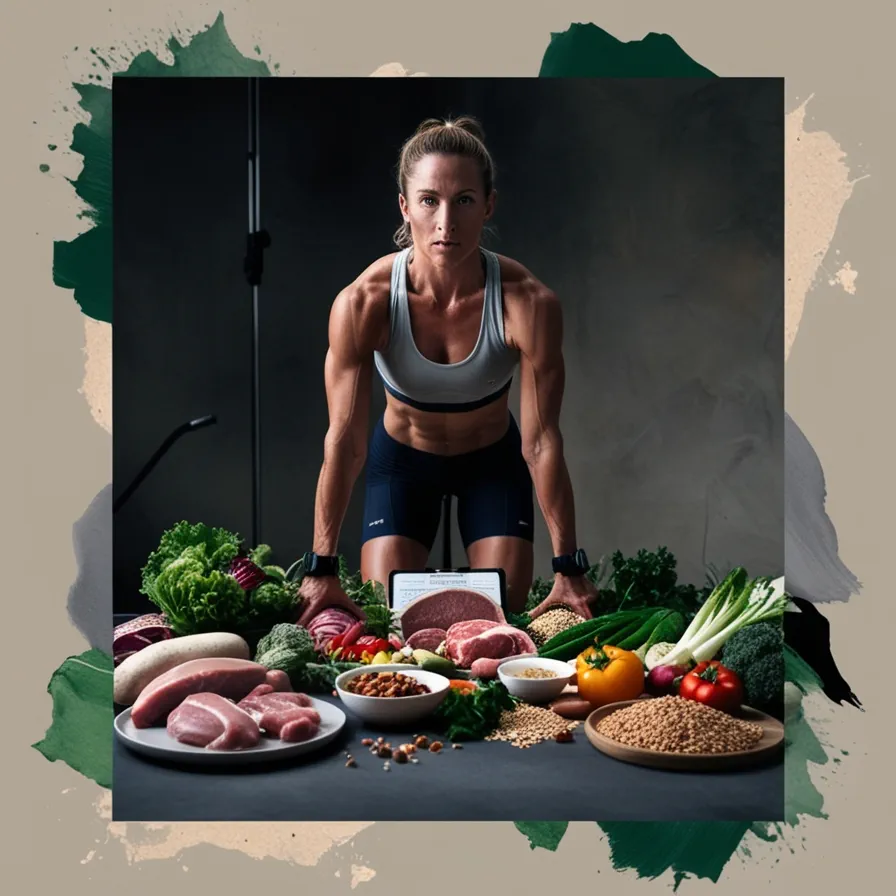
Introduction: Why the Right Dinner Matters for Athletic Performance and Weight Management
Athletes are often seen as the epitome of physical health yet maintaining an optimal weight while meeting demanding energy needs can be a complex challenge—especially when it comes to dinner. Dinner recipes for weight management in athletes need to do more than just fill the stomach; they must support muscle recovery, regulate metabolism, and prepare the body for the next day’s performance. Unlike sedentary individuals, athletes require precise nutritional timing and balance to fuel performance and recovery without excess calorie storage.
A strategic approach to dinner can mean the difference between peak performance and plateauing progress. It’s not just about eating less—it’s about eating smart. The right dinner nourishes tired muscles, replenishes glycogen stores, and helps maintain lean body mass, all while keeping body fat in check. And when athletes eat smart in the evening, they can wake up feeling lighter, stronger, and more energized.
This article will guide you through understanding what makes a great dinner for athletes managing their weight, highlight the key benefits of these recipes, and provide practical strategies you can apply immediately. Whether you’re a competitive athlete or a fitness enthusiast striving for a leaner physique, these insights will help you level up your evening meals—and your performance.
Understanding Dinner Recipes for Weight Management in Athletes
What Does It Mean to Manage Weight Through Dinner?
Dinner recipes for weight management in athletes refer to evening meals that are tailored to help athletes maintain or reduce body fat while preserving muscle mass and supporting recovery. These meals are low in empty calories, rich in protein, balanced in complex carbohydrates and healthy fats, and designed to be satisfying without being heavy. They also consider nutrient timing, ensuring the body gets what it needs after an intense training session or a long day of physical activity.
Weight management in athletes doesn’t equate to calorie restriction in the conventional sense. Instead, it involves nutrient optimization—choosing foods that offer the best return on investment in terms of energy, satiety, and recovery. For example, a grilled salmon quinoa bowl with avocado and leafy greens offers healthy omega-3s, fiber, and lean protein—ideal for weight control and muscle repair.
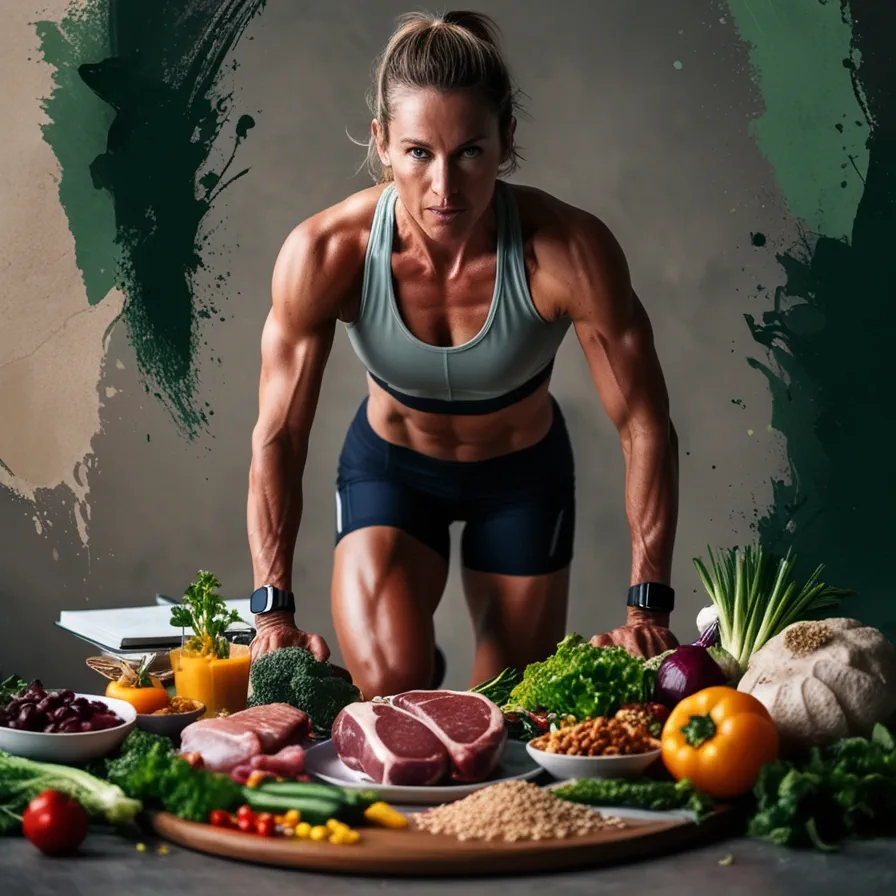
The Science Behind Timing and Macronutrient Balance
Research shows that evening meals can significantly impact how the body recovers overnight and metabolizes energy the following day. A dinner rich in casein protein, for instance, can stimulate overnight muscle protein synthesis. On the other hand, consuming too many carbs or unhealthy fats late at night may promote fat storage, especially if energy expenditure is low.
By balancing macronutrients—roughly 40% carbs, 30% protein, and 30% fats for many athletes—dinners can stabilize blood sugar, prevent late-night snacking, and regulate appetite hormones like leptin and ghrelin. Strategic inclusion of anti-inflammatory ingredients like turmeric, ginger, or omega-3-rich foods can also support faster recovery and better sleep.
Key Benefits of Structured Dinner Recipes for Athletes
1. Optimized Muscle Recovery and Growth
One of the most important functions of dinner in an athlete’s routine is recovery. After evening training sessions, the body requires a solid supply of amino acids and nutrients to repair microtears in muscle fibers. Meals rich in lean proteins such as chicken breast, tofu, or Greek yogurt, combined with slow-digesting carbohydrates like brown rice or sweet potatoes, help optimize the anabolic window—the period where nutrients are most effectively used for repair.
2. Enhanced Sleep Quality
What you eat at night affects how well you sleep. Ingredients like tryptophan-rich turkey, magnesium-filled leafy greens, or potassium-rich bananas can improve sleep quality by relaxing muscles and boosting serotonin and melatonin production. Better sleep means better recovery and metabolic regulation—both of which are essential for weight management in athletes.
3. Prevention of Unwanted Fat Gain
When dinners are too calorie-dense or carb-heavy, especially with low fiber content, the result is often fat storage instead of glycogen replenishment. A well-balanced recipe with the right calorie density and volume (like a large salad with lean protein and healthy fats) fills you up without tipping your calorie intake over the edge. This prevents overeating and late-night cravings while keeping metabolism stable.
4. Support for Long-Term Weight Goals
Consistently choosing dinner recipes tailored for weight management creates sustainable habits. Over time, this supports body recompositing—losing fat while maintaining or gaining lean mass. Structured dinners also reduce decision fatigue, making it easier to stick to a nutritional plan even during intense training cycles or competitions.
5. Encouragement of Mindful Eating Practices
Athletes often lead hectic lives. Having a structured, nutritious dinner plan can encourage mindful eating, allowing them to slow down, chew thoroughly, and truly enjoy their meals. This not only improves digestion but also enhances nutrient absorption and satisfaction—key factors in long-term weight control.
Evening Recovery Meals for Athletes: The Secret to Overnight Repair
Athletes don’t stop improving once they leave the gym—the magic often happens during rest. This is where evening recovery meals for athletes come into play. These specially crafted dinners help the body transition from a catabolic (breaking down) state into an anabolic (building) state. A good recovery dinner delivers the right nutrients to rebuild muscles, replenish glycogen stores, reduce inflammation, and promote restful sleep.
The Role of Evening Recovery in Athletic Progress
When athletes train hard, their bodies endure micro-damage to muscle tissues, depletion of energy stores, and oxidative stress. Without proper recovery nutrition, these effects linger, leading to soreness, fatigue, and eventually, plateaus in performance or injury. Evening recovery meals are designed to reverse that process.
These meals are most effective when consumed within two hours after training, especially in the evening. They focus on high-quality proteins (like casein, chicken, lentils), complex carbs (like quinoa or sweet potatoes), and recovery-enhancing micronutrients (such as magnesium, potassium, and antioxidants). Together, these elements work overnight to restore balance and prepare the athlete for the next day’s performance.
Key Ingredients for a Powerful Recovery Dinner
- Protein (20–30g): Supports muscle repair and growth. Casein-rich foods like Greek yogurt or cottage cheese are slow-digesting and ideal for nighttime.
- Complex Carbohydrates: Replenish muscle glycogen stores without spiking blood sugar. Brown rice, oats, or starchy vegetables are perfect.
- Healthy Fats: Aid in nutrient absorption and hormone balance. Think avocado, nuts, olive oil, or chia seeds.
- Hydration & Electrolytes: Replacing lost fluids with meals that include potassium (bananas, spinach) and magnesium (pumpkin seeds, beans) supports recovery.
- Anti-inflammatory Components: Turmeric, ginger, blueberries, and leafy greens can reduce inflammation and improve joint health.
Examples of Effective Evening Recovery Meals
- Grilled Chicken + Sweet Potato Mash + Steamed Broccoli
- High in protein, fiber, and vitamin C, this combo helps with muscle recovery and immune function.

- Tofu Stir-fry with Brown Rice and Mixed Veggies
- Plant-based and nutrient-dense, rich in antioxidants and magnesium.

- Salmon with Quinoa and Spinach Salad (olive oil dressing)
- Provides omega-3 fatty acids, protein, and essential minerals.

Greek Yogurt Parfait with Berries, Chia Seeds, and Almonds
-
- Light but rich in casein protein and antioxidants—ideal if you had a late training session.

These meals not only aid in overnight muscle regeneration but also help regulate hunger hormones, reducing the urge to snack or overeat before bed.
Customizing Evening Meals for Individual Athletic Goals
Adjusting Recovery Meals Based on Training Intensity
Not all athletes require the same recovery approach. A sprinter’s dinner will look different from a triathlete’s. For light training days, carbs can be scaled down slightly, while keeping protein intake steady. On heavy training or competition days, complex carbs should be increased to fully restore glycogen.
- High-volume training (e.g., endurance athletes): Focus on carb-rich meals with moderate protein.
- Strength training focus: Increase protein and include moderate carbs.
- Rest days or light training: Emphasize vegetables, lean proteins, and minimal carbs.
Time of Day Matters
If an athlete trains in the late evening, the dinner becomes the recovery meal. But if the workout was earlier in the day, dinner still matters—it needs to continue the recovery process without adding excess calories.
Timing tip: A small post-workout shakes followed by a nutrient-dense dinner 1–2 hours later offer excellent results.
Vegetarian and Vegan Options
Plant-based athletes can still reap the full benefits of recovery meals with smart planning. Combining legumes with grains (e.g., lentils and rice) ensures complete proteins. Tempeh, tofu, seitan, and spirulina are excellent protein sources. Add in a variety of colorful vegetables and healthy fats for full spectrum recovery.
Example Vegan Recovery Dinner:
- Lentil Curry with Brown Rice and Steamed Kale + Cashew Cream Drizzle
Smart Supplements to Complement Dinner
While food should always come first, strategic supplements can support evening recovery:
- Magnesium: Improves muscle relaxation and sleep
- Zinc: Supports immune and hormone function
- Casein Protein (if not available via whole food): Slow-digesting, ideal before bed
- Omega-3s: Reduce inflammation and aid in recovery
Here’s Step 3, the final part of your SEO-optimized article on Dinner Recipes for Weight Management in Athletes. This section includes a comparison table, a practical how-to guide, an FAQ, and a strong conclusion, all aligned with SEO best practices.
Comparing Top Dinner Options for Weight-Conscious Athletes
Not all dinners are created equal—especially when it comes to managing weight and supporting athletic recovery. Below is a comparison table that highlights different dinner recipes based on their macronutrient profiles, recovery support, and weight management potential.
Best Dinner Recipes for Weight Management in Athletes
| Dinner Option | Protein | Carbs | Fats | Recovery Support | Weight Management |
|---|---|---|---|---|---|
| Grilled Chicken + Sweet Potato + Broccoli | High | Medium | Low | Excellent | Very High |
| Tofu Stir-fry with Brown Rice & Vegetables | Medium | High | Medium | Very Good | High |
| Salmon + Quinoa + Spinach Salad | High | Medium | High | Excellent | Very High |
| Greek Yogurt Parfait with Berries & Chia Seeds | High | Low | Medium | Good | Moderate |
| Lentil Curry + Brown Rice + Steamed Kale | Medium | High | Low | Very Good | High |
| Turkey & Avocado Lettuce Wraps | High | Low | High | Moderate | Very High |
📌 Tip: Choose the meal that best matches your training load and body composition goals. For fat loss phases, lean protein and low-to-moderate carbs are ideal. For muscle gain or recovery focus, add more complex carbs and healthy fats.
How to Build the Perfect Dinner Recipe for Weight Management
Crafting the right dinner isn’t just about ingredients—it’s about intention. Here’s a step-by-step guide to building personalized dinner recipes that align with both athletic recovery and weight management goals.
Step 1: Start with Lean Protein (25–30g)
Aim for a protein source that digests well and supports muscle recovery. Great options include:
- Animal-based: Chicken breast, turkey, salmon, eggs

- Plant-based: Tofu, tempeh, lentils, edamame, quinoa

Step 2: Add Complex Carbohydrates (30–40g, adjust based on training)
Choose carbs that offer fiber and slow digestion to keep you full longer:
- Sweet potatoes, brown rice, whole grain pasta, barley, oats
🥦 On lighter training or rest days, reduce carbs and increase non-starchy vegetables like zucchini, spinach, or cauliflower.
Step 3: Include Healthy Fats (10–15g)
Fats aid hormone production and absorption of fat-soluble vitamins. Smart fat sources include:
- Avocado, olive oil, nuts, seeds, tahini, fatty fish
Step 4: Load Up on Micronutrient-Rich Vegetables
Colorful veggies offer antioxidants, fiber, and vitamins for overall recovery and health:
- Think bell peppers, spinach, kale, broccoli, carrots, beets
Step 5: Season Smart
Use natural flavor enhancers instead of sodium-heavy sauces. Try:
- Lemon, garlic, fresh herbs, turmeric, ginger, cumin
Step 6: Keep Portions in Check
- Use your hand as a guide: palm = protein, fist = carbs, thumb = fats
- Use smaller dinner plates to avoid overeating at night
Sample Balanced Recipe
Grilled Chicken Bowl
- 4 oz grilled chicken breast
- ½ cup cooked quinoa
- 1 cup sautéed spinach
- ¼ avocado, sliced
- Squeeze of lemon, dash of black pepper
FAQs About Dinner Recipes for Weight Management in Athletes
1. What’s the best time for an athlete to eat dinner?
Ideally, dinner should be eaten within 1–2 hours post-training. If training is early, dinner can still serve as a second recovery window. Avoid eating too close to bedtime—finish your meal at least 90 minutes before sleep.
2. Can athletes skip carbs at dinner to lose weight faster?
Not recommended. Carbohydrates help replenish glycogen and support recovery. Instead of eliminating carbs, choose slow-digesting ones and adjust portion size based on training intensity.
3. Are protein shakes okay as a dinner substitute?
While convenient, they shouldn’t replace a full dinner regularly. Whole foods provide fiber, satiety, and a broader range of nutrients essential for recovery and long-term weight control.
4. Should dinner be different on rest days?
Yes. On rest days, reduce carb intake and focus more on vegetables and lean protein. This prevents calorie surplus while maintaining muscle mass.
5. What if I feel hungry after dinner?
You may be lacking fiber, protein, or healthy fats. Add a small snack like Greek yogurt with berries or a handful of almonds if needed—but assess your portion sizes first.
Conclusion: The Power of a Purposeful Plate
For athletes, dinner is more than a routine meal—it’s a strategic opportunity to recover, refuel, and regulate. By crafting dinner recipes for weight management in athletes that balance macronutrients, support muscle repair, and avoid excess calories, you can dramatically improve both performance and physique. Whether your goal is shedding fat, maintaining lean mass, or simply sleeping better, the right dinner can move you one step closer night after night.
With this comprehensive guide now complete, you’re equipped to take control of your evening nutrition and outpace the competition. Ready to transform your performance with smarter dinners?
Enjoy! See our youtube. Quench your thirst and revitalize your body with our collection of refreshing and hydrating recipes. All athletes must pay close attention to their nutrition to achieve optimal performance. You can see CookBook for athletes and Building a Bigger Butt. Its very useful for athletes.


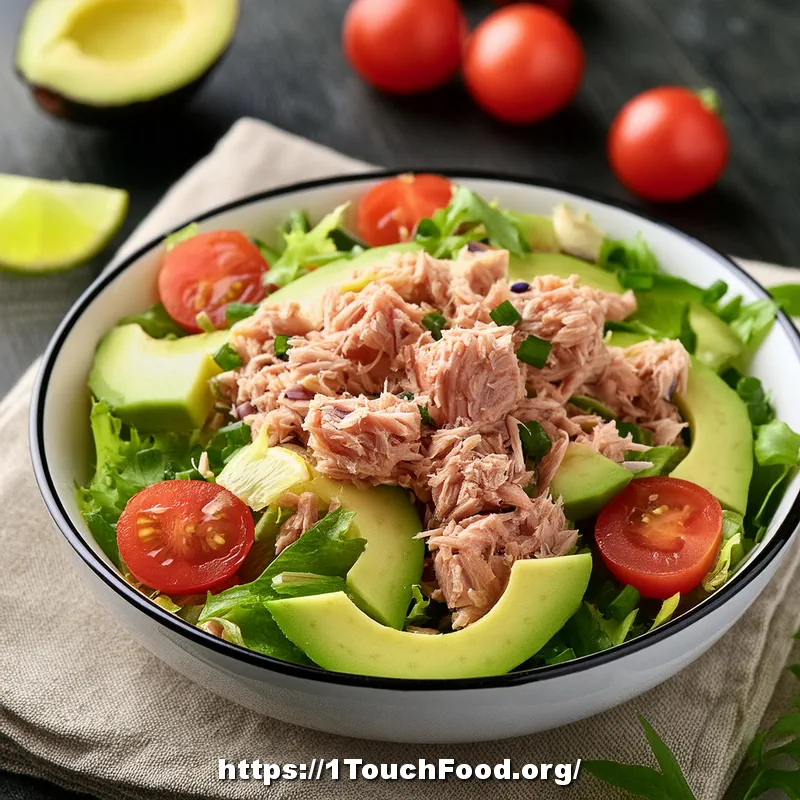
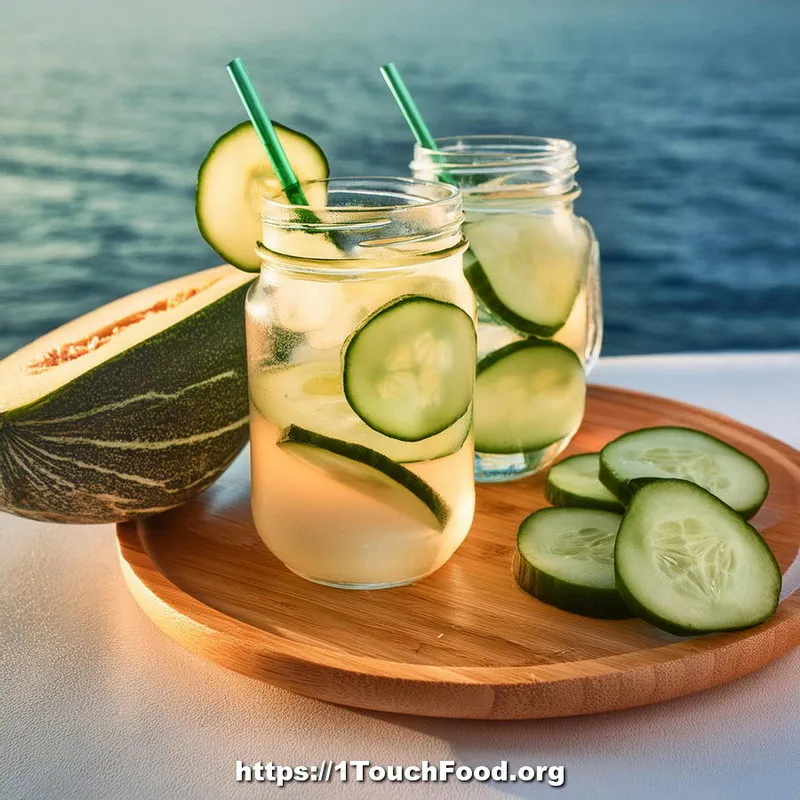

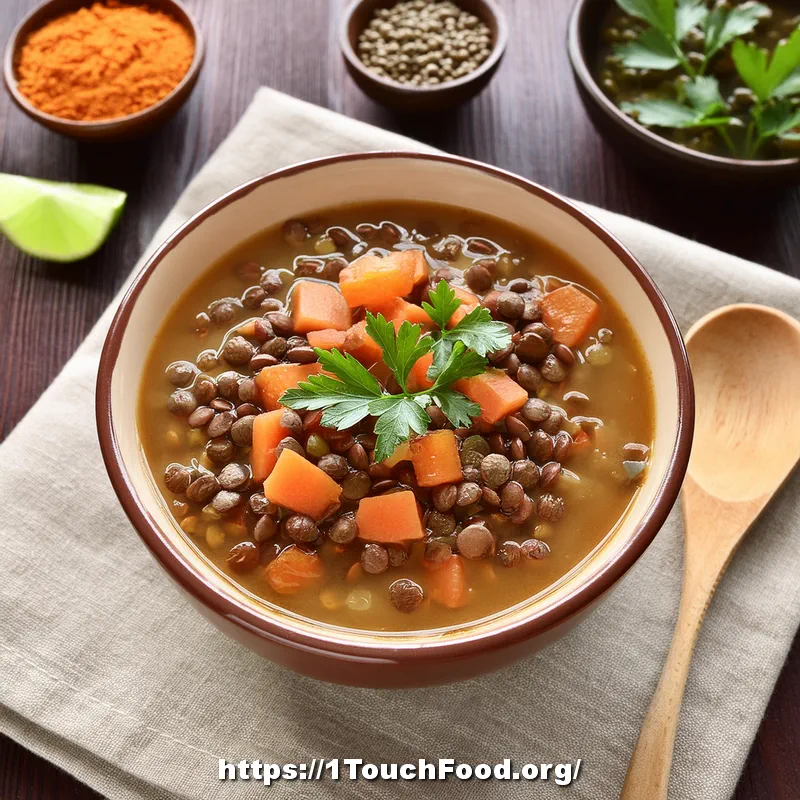
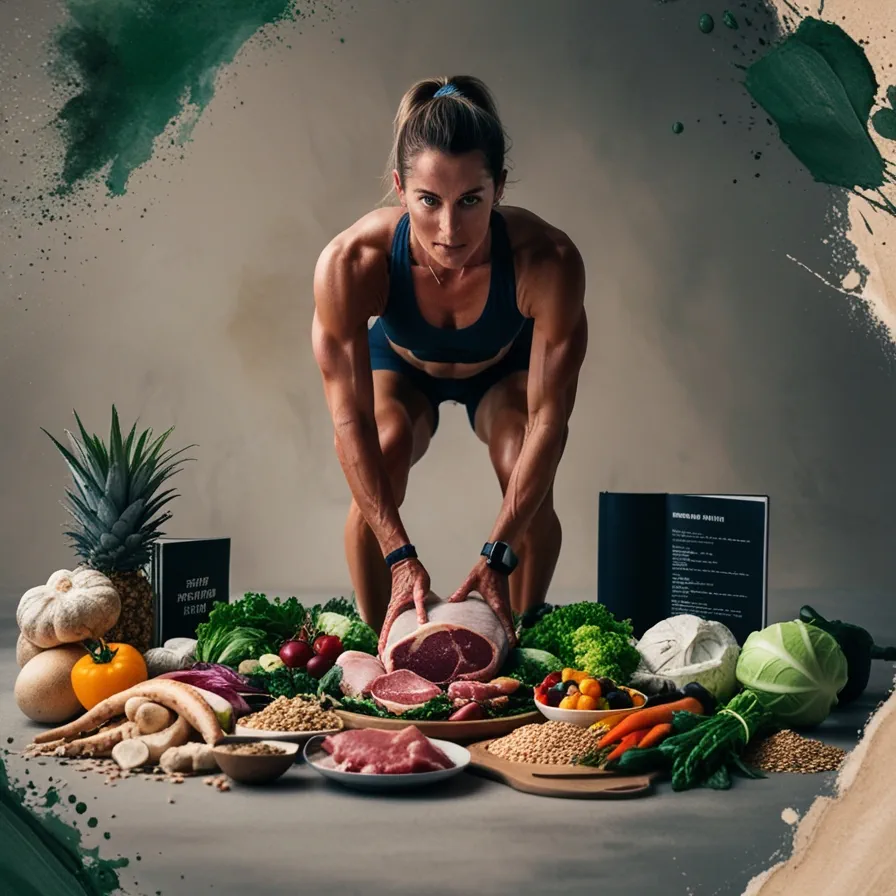
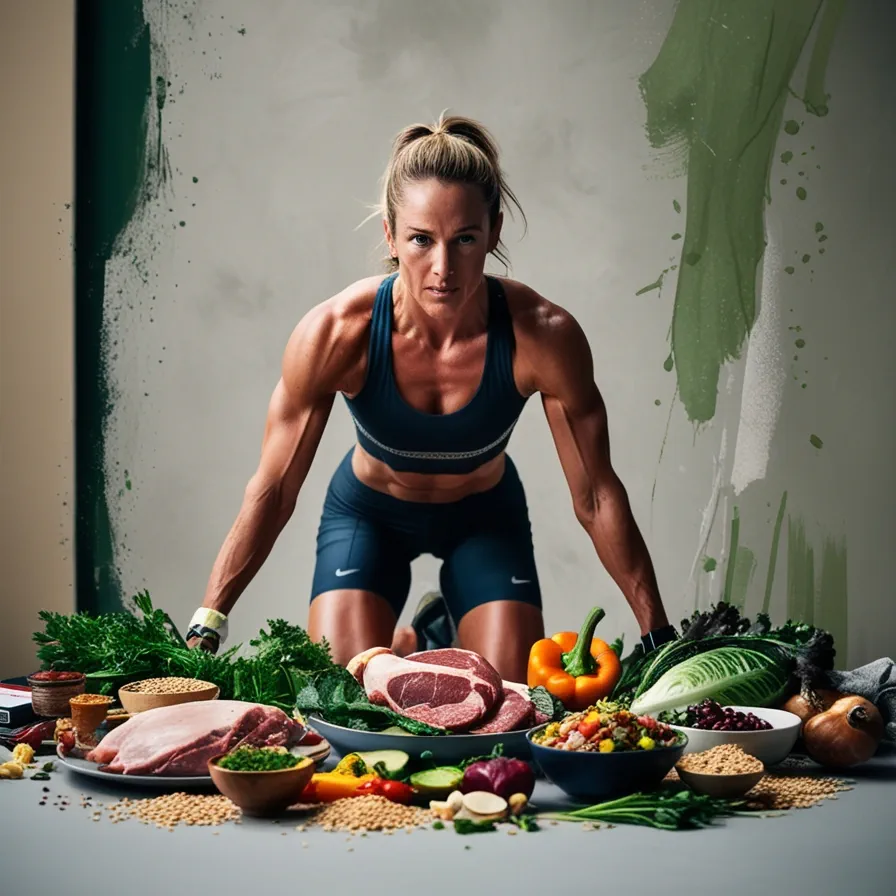


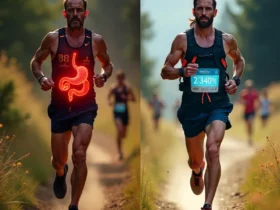

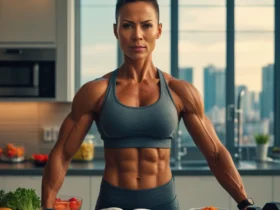

Leave a Reply